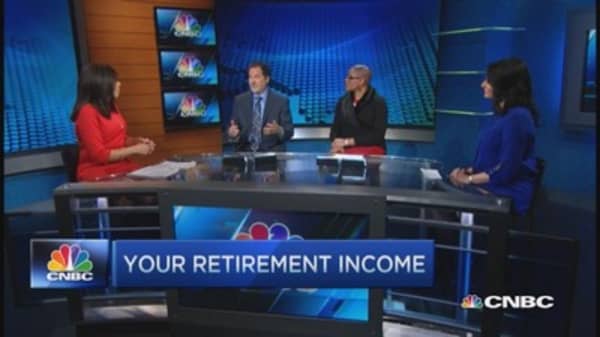5. Will I miss the social aspect of being around people all day at work?
If you're somewhat of a social butterfly, the idea of not having constant interaction with others may be scary; if you're a homebody, however, you may be looking forward to this transition. If you're the former, not the latter, we recommend giving yourself time to adjust.
Those who really enjoy the social aspect of working should consider joining groups or clubs so you can still find social interaction during your retirement. On the flipside, others end up enjoying the adjustment of not being around so many people and having more time to relax.
Those who are emotionally prepared for retirement have either considered these factors or, through the planning process, are able to have many of these questions proactively addressed. For those who may be lacking emotional preparedness, we recommend working with an advisor to help you prepare for retirement so you can live your retirement years by design—not by default.
—By Ron Carson, founder and CEO of Carson Wealth Management Group







